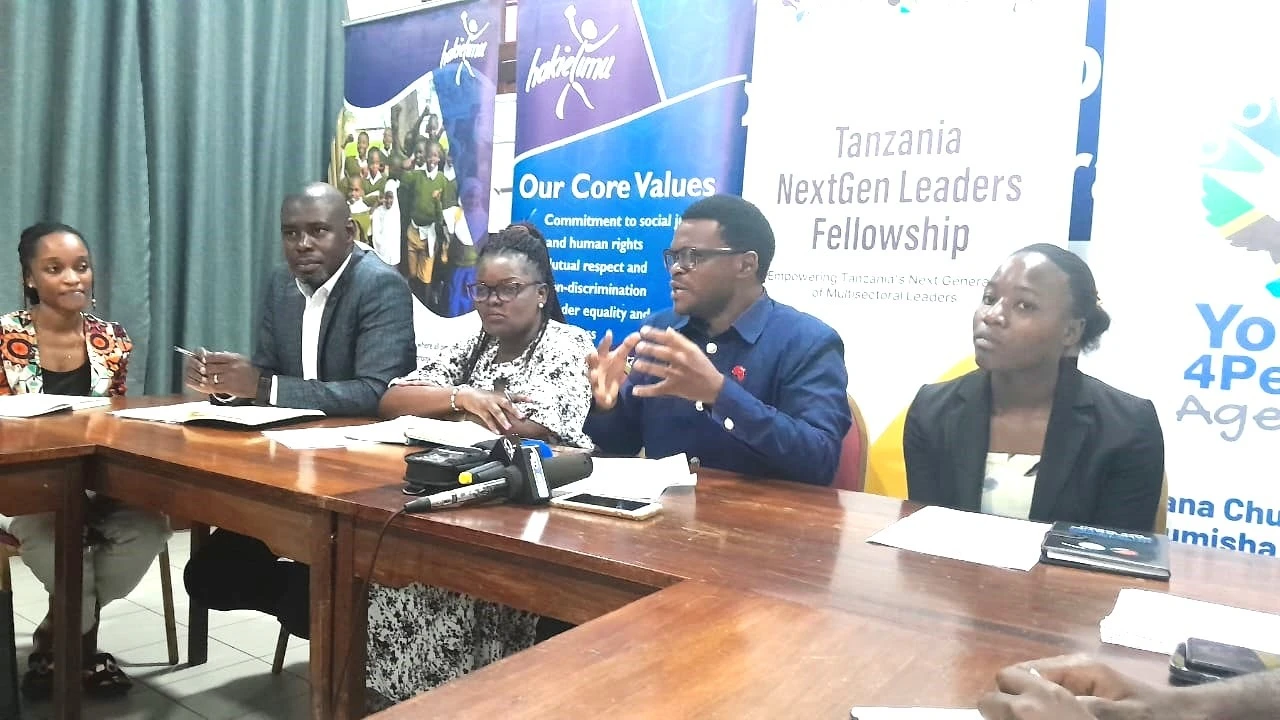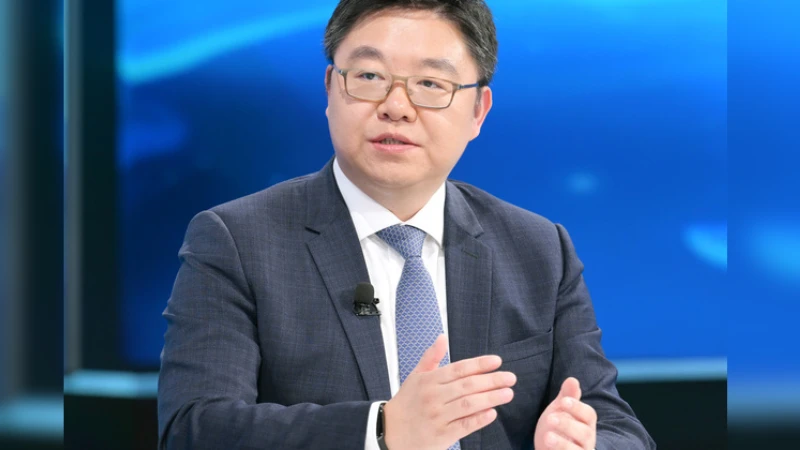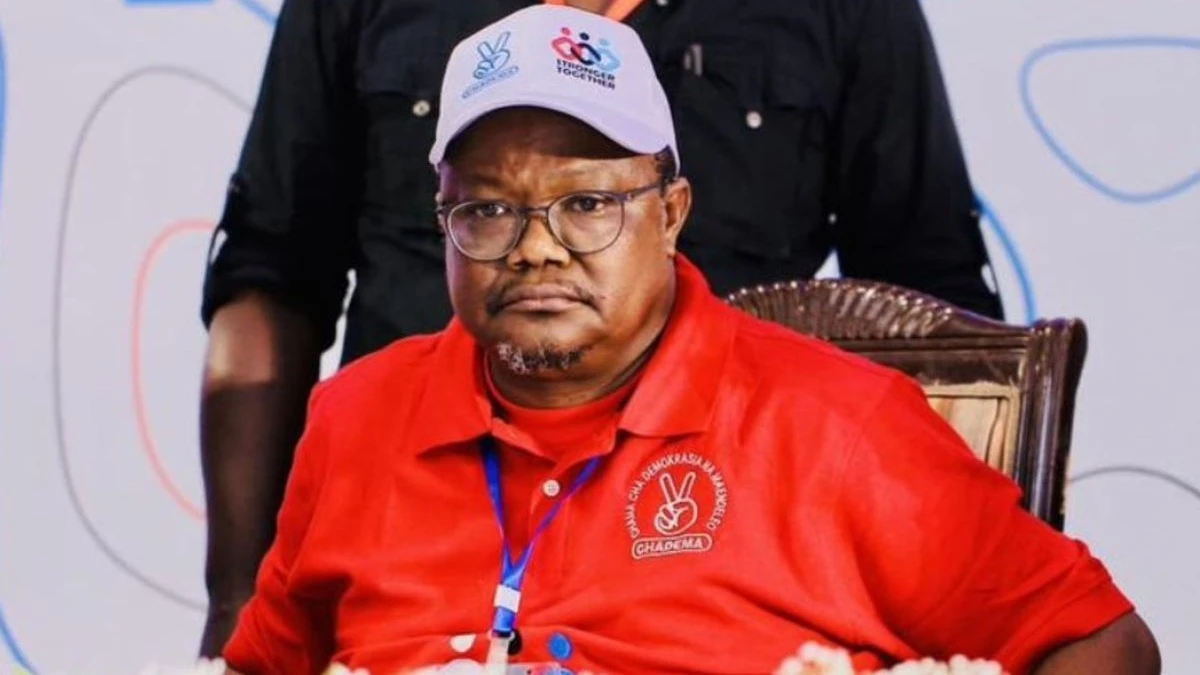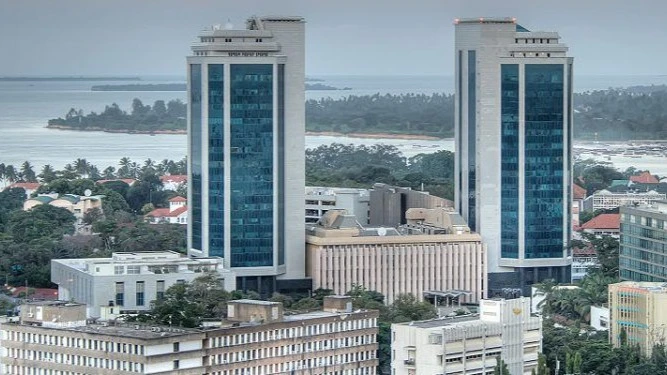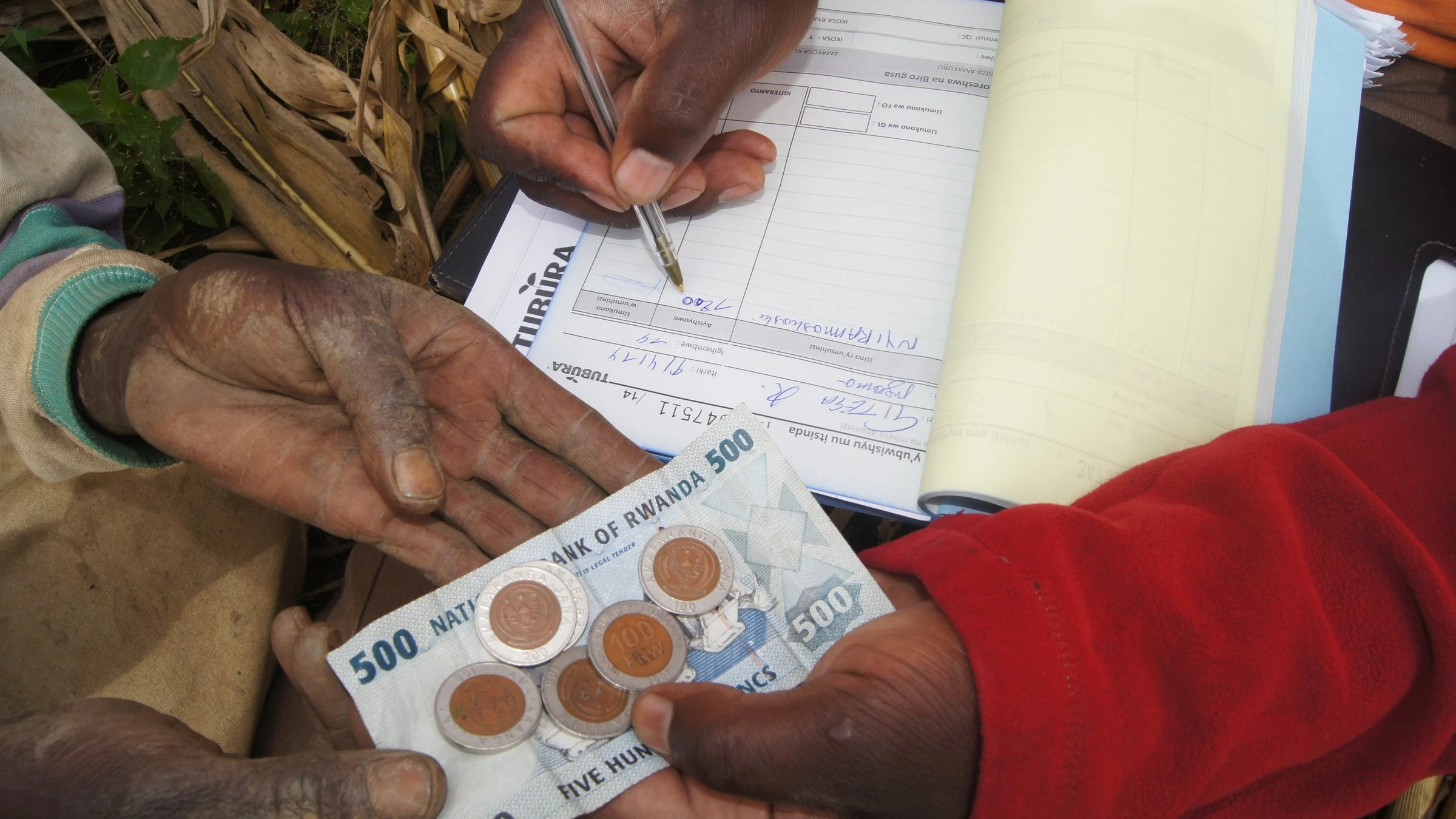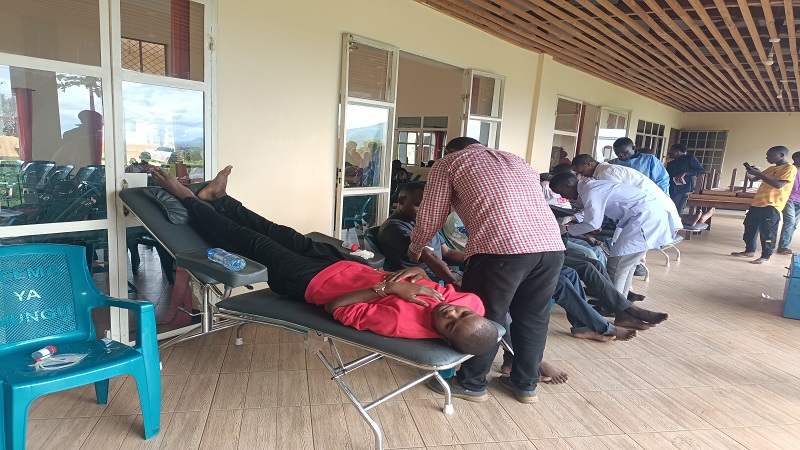HakiElimu, ALII launch programme to shape Tanzania’s next generation of leaders
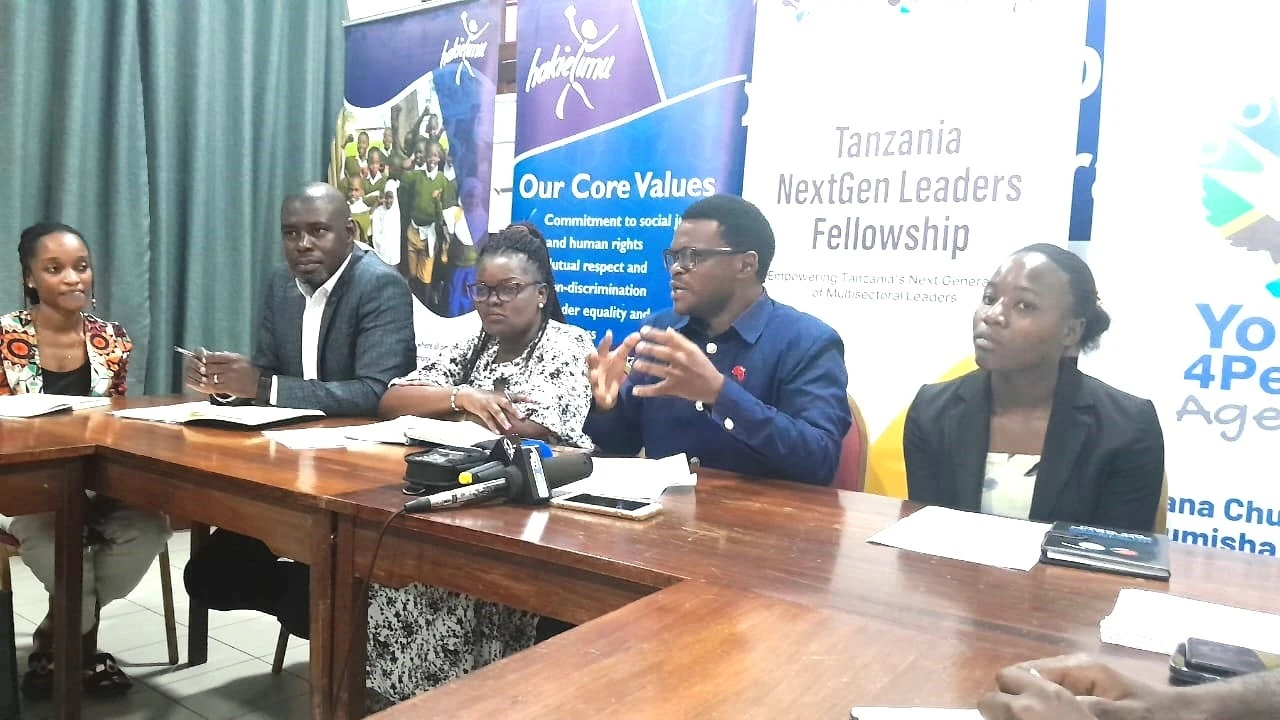
THE African Leadership Initiative for Impact (ALII) in partnership with HakiElimu has launched a programme dubbed: Tanzania NextGen Leaders Fellowship (TNLF) aimed to nurture leadership talent in high school graduates for present and future roles.
Joseph Malekela, ALII Executive Director detailed the plan in Dar es Salaam yesterday as they officially launched the applications upon the programme.
Malekela said the yearly programme set to engage 350 participants aged 17-19 from 34 Regions countrywide will receive leadership training and mentorship through higher education and later connected with potential employers for pre-employment training, and linked to job and leadership opportunities based on their skills.
“The Tanzania NextGen Leaders Fellowship is designed to harness the untapped potential of Advanced Level youth, empowering them to become catalysts for innovation, economic growth, and sustainable development, aiming on the other hand to equip the next generation of Tanzanian leaders with the tools, knowledge, and networks needed to tackle both local and global challenges,” he said.
He added: “The implementation of this programme, expected to take place from September 13–26 this year in Dar es Salaam, will be conducted in phases to allow these youth to participate in other essential stages of their development, such as mandatory National Service training and attending various higher education institutions in this context.”
According to him all applications will be via an official email info@alii-africa.or.tz before May 30, this year giving an opportunity to only one student each school and not more than ten participants regional wise.
He emphasised four conditions upon the application as a Tanzanian nationality to each applicant aged 17-19 thus born (2006-2008).Female or male student who is this year’s graduate, Recognised as the best leader of the year and excellent communication skills in both English and Kiswahili.
Benedicta Mrema, HakiElimu Program Officer- Media Engagement and Advocacy Department quoting the Inter-Parliamentary Union (IPU) , employment statistics showed that 48.8 percent of women's employment is informal, This indicates that nearly half of the employed women in the work in informal settings, which often lack job security and benefits
“This unique programme will help close the gender gap by equipping young women with leadership skills, mentorship, and access to professional networks. By preparing them for formal employment and connecting them with real opportunities, the programme reduces their risk of entering the informal sector and empowers them to thrive in leadership and sustainable careers,” she said.
Top Headlines
© 2025 IPPMEDIA.COM. ALL RIGHTS RESERVED








